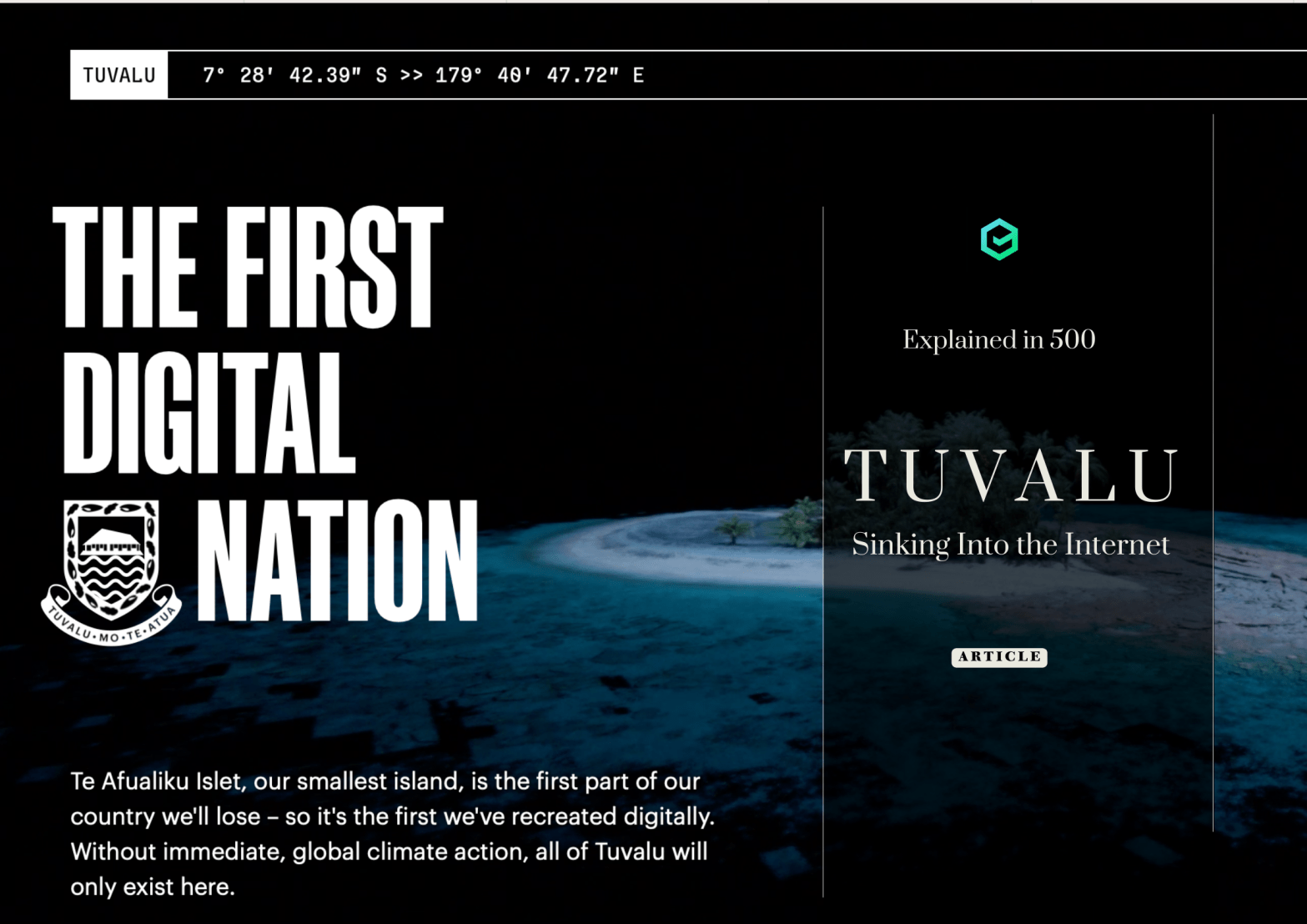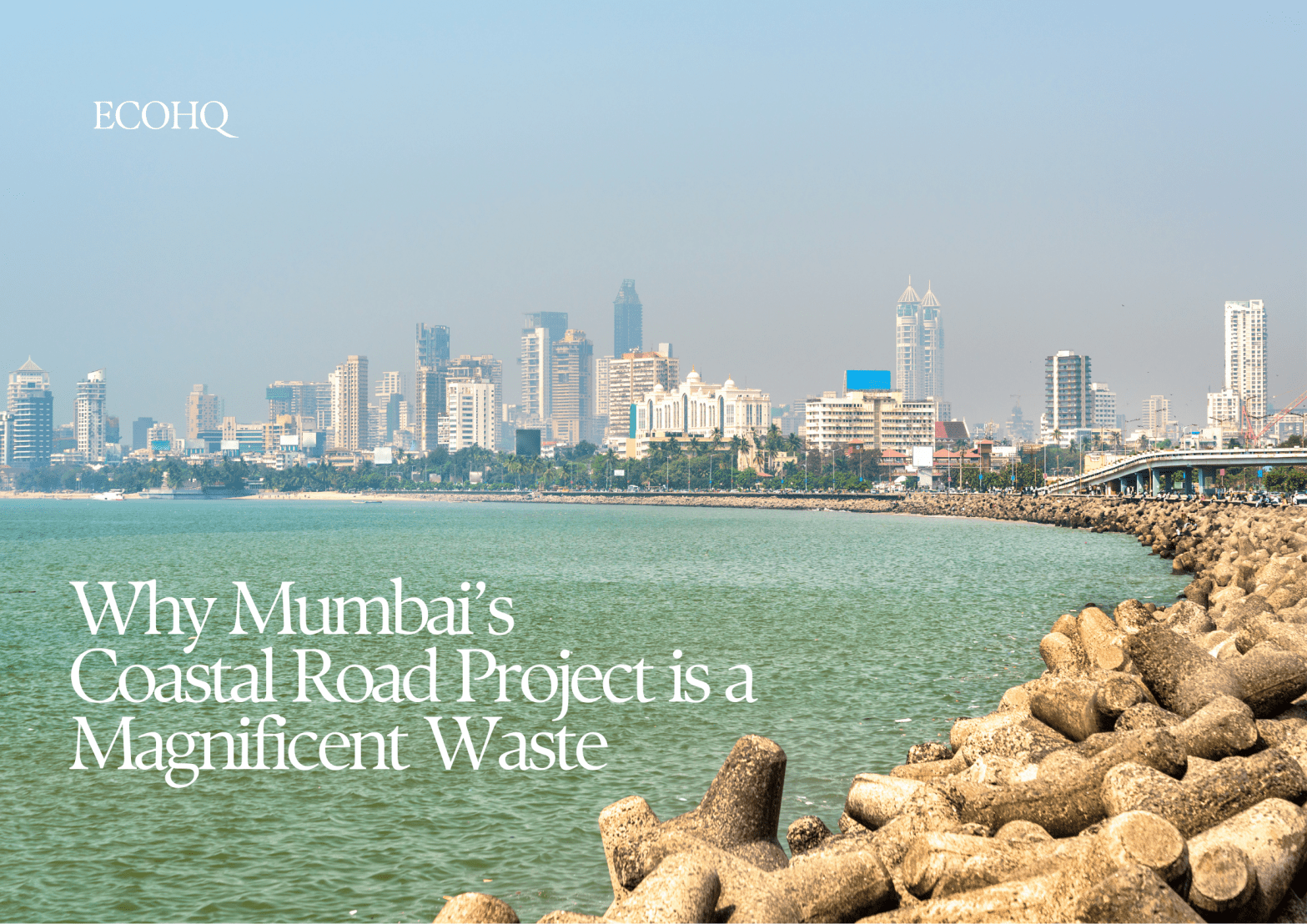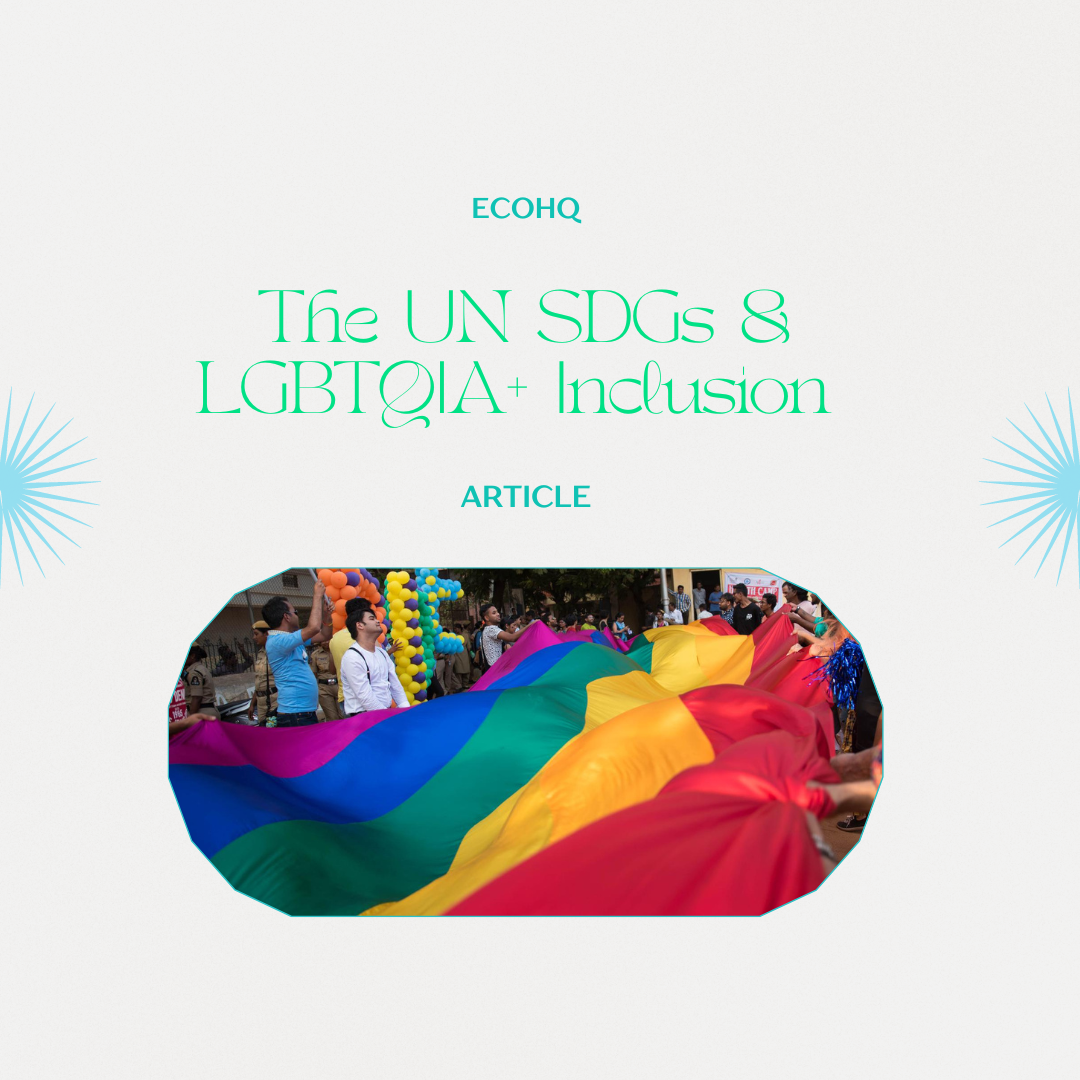Public Policy
-

COP 28: Charting the Course for Change?
Conference of the Parties, COP, are the meetings held annually under the United Nations Framework Convention…
-

Explained In 500: Tuvalu, Sinking Into the Internet
Soon, a nation of climate refugees may trace their way home to nothing but a screen.I…
-

Climate Migration: A Growing Crisis We Cannot Ignore
Certainly! The article highlights the growing concern of climate migration, where millions of people are forced…
-

Explained in 500: India’s COP27 Goals: Ambitious or Unattainable?
The article discusses India’s COP27 climate change targets, their criticisms, and COP28 proposals. India wants to…
-

Explained in 500: Why Mumbai’s Coastal Road is a Magnificent Waste
Are your chacha chachis waiting doe-eyed for Mumbai Coastal Road to clear up road congestion? Do…
-

The UN’s SDGs and LGBTQIA Inclusion: Are We There Yet?
Pride Month is a time to pinkwash and sell more products in support of the LGBTQIA…
-

Introduction to Sustainable Finance and the ESG Framework
Stakeholders and investors are increasingly considering a company’s performance on ESG concerns. These include cybersecurity, climate…
-

Fiery Fields and the Smothering Smog: Are Farmers to Blame?
The classic air pollution case in north India (allegedly caused by farm fires/stubble burning) is signalling…
-

How Sustainable is Ecotourism in the Indian Himalayas?
If you love mountains, then NOW is the time to take action and save them. The…
-

Children in Need
Children are the backbone of tomorrow’s society. Every child has the right to live a fruitful,…
